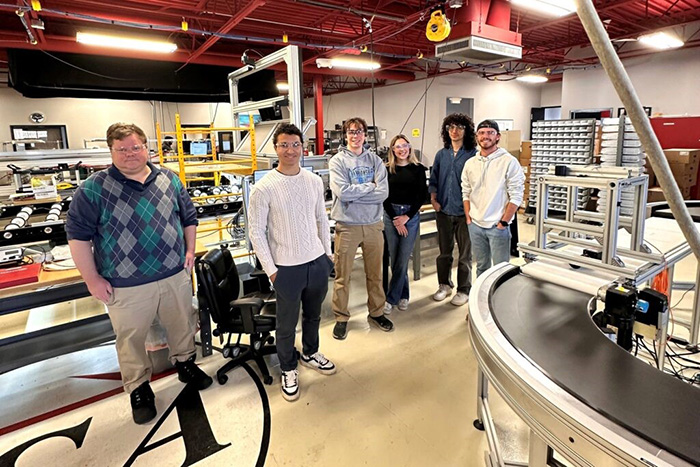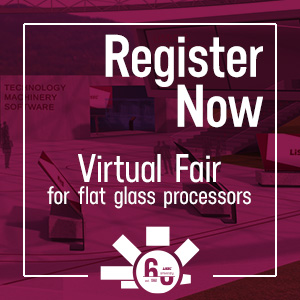k-Space Invites Students to Learn About Glass

Students from the University of Michigan Materials Science and Engineering (MSE) program visited k-Space to see first-hand how to build automated visual inspection solutions for the glass industry. They also worked with the glass metrology engineering team to test a new kind of tempered glass detection solution.
About the project
Each year, senior students in the University of Michigan MSE program participate in a senior capstone project class coordinated with an industry partner. This year, k-Space donated expertise and equipment to support the project “Automated Visual Inspection of Tempered Amorphous Glass Substrates.”
With assistance from k-Space engineers, students used its glass breakage and defect detection tool to explore whether the birefringence effect could be adequately detected and processed into a tempered glass detection system.
The students spearheaded this effort. k-Space provided the experimental setup, which included its glass breakage defect detection tool running on its in-house conveyance system, with minimal engineering guidance. Image captures via a 4k color linescan camera included multiple scans over a diverse range of glass and plexiglass samples, providing the students valuable insight.
Project success hinged on two defined deliverables:
- Can the system detect and determine whether tempering is present in the presented sample (basically a go/no-go determination), and
- Can the system discriminate a degree of tempering by the contour map of birefringent intensity.
“While there are well established metrology techniques to measure stress in glass, an automated solution is needed to better quantify, record, and track tempered glass used in high volume manufacturing,” says the students' project statement.
“It was a good day of work and collaboration with the MSE students. We look forward to continuing our support of the students’ capstone project,” says Tony Daniels, k-Space software engineer and lead developer of the barcode inspection tool.
k-Space metrology tools are used in research labs and production facilities around the world. Scientists and manufacturers use these products to extend compound semiconductor use cases, leverage materials to make glass more energy efficient, and improve solar panel output.
